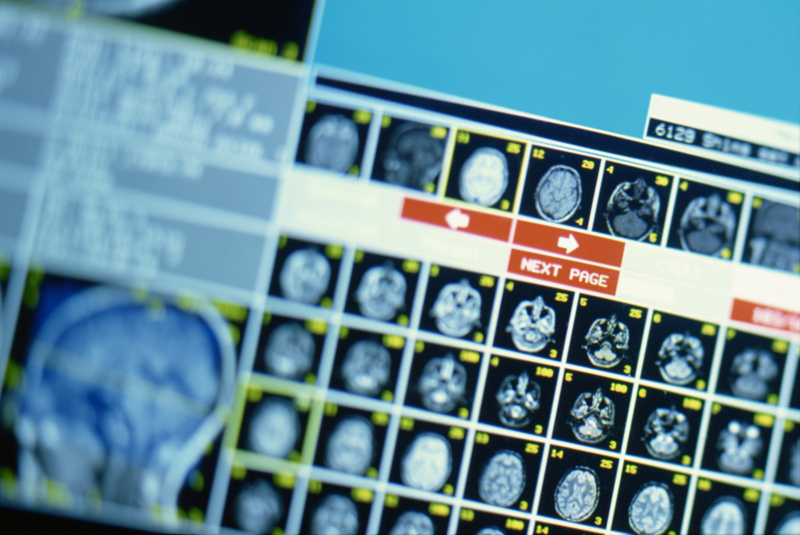
Here are some of the latest health and medical news developments, compiled by the editors of HealthDay:
FDA Considers Expanded Approval for Artificial Heart Valve
There are some safety questions as the U.S. Food and Drug Administration considers whether to approve expanded use of the first artificial heart valve designed to be implanted without major surgery.
The heart valve, made by Edwards Lifesciences, can be threaded into place through one of the body’s major arteries. The device received FDA approval last summer for use in patients who aren’t healthy enough to undergo open-heart surgery, the Associated Press reported.
The FDA is currently considering whether to also approval the heart valve’s use in patients who are healthier, but still face risks from open-heart surgery.
In a review released in advance of a meeting to discuss the matter, FDA officials said outcomes among heart valve patients were similar to those who had surgery. However, heart valve patients had higher stroke rates, the AP reported.
—–
Freezer Problem Damages Autism Brain Samples
A freezer malfunction has damaged about one-third of the world’s largest collection of autism brain samples.
The Boston Globe said the incident in late May occurred at Harvard-affiliated McLean Hospital in Massachusetts and caused 150 thawed brains to turn dark from decay, including about 50 that were part of a collection of autism brains owned by the research and advocacy group Autism Speaks, USA Today reported.
One expert told the Boston Globe that the incident could slow autism research by a decade as the collection is restored.
“This was a priceless collection,” Dr. Francine Benes, director of the Harvard Brain Tissue Resource Center where the material is stored, told the newspaper, USA Today reported. “You can’t express its value in dollar amounts.”
—–
Cancer Added to WTC Health Assistance Program
Fifty types of cancer should be included in a program to help people with health problems linked to toxic dust from the collapse of the World Trader Center on 9/11, the U.S. National Institute for Occupational Safety and Health said Friday.
In an administrative filing, the agency said the 50 types of cancer would cover 14 broad categories of the disease. People with any of the cancers on the list could quality for treatments and payments if they and their doctors can make a convincing case that the disease was connected to the WTC dust, the Associated Press reported.
Until now, the $4.3 billion 9/11 health program has only assisted people with less serious health problems, such as asthma, chronic sinus irritation and acid reflux disease.
NIOSH oversees the program and decided to include cancer in response to a recommendation from an advisory committee consisting of doctors, community advocates and union officials, the AP reported.
—–
Insurer Would Keep Some Parts of Health Law
Even if the federal health care law is declared unconstitutional by the U.S. Supreme Court, UnitedHealth Group says it plans to continue offering some of the popular consumer protections required by the law.
The company, one of the nation’s largest health insurers, would continue to cover adult children up to age 26 on their parents’ policies, offer coverage without lifetime limits, and not charge patient co-payments on preventive services such as immunizations or diabetes screening, The New York Times reported.
UnitedHealth did not outline it plans regarding major requirements of the law that would take effect in 2014, such as not being able to deny coverage to people with pre-existing conditions or not making those in poor health pay higher premiums.
The Supreme Court’s could make a decision about the constitutionality of the federal health care law later this month. It’s unclear if other insurers would follow UnitedHealth’s move, but would likely feel some pressure to do so, according to The Times.
—–
‘Cheech & Chong’s Tommy Chong has Prostate Cancer
Comedian Tommy Chong has prostate cancer and treats it with hemp oil.
The 74-year-old member of the “Cheech and Chong” comedy duo told CNN that he first noticed symptoms about eight years ago while in prison for selling drug paraphernalia and was diagnosed about a month ago.
Chong, who revealed his condition during an interview about his support for decriminalizing marijuana use and sales, said his cancer is “a slow stage one (that I’ve) had for a long time.”
He told CNN that he ingests the hemp oil “at night, so I won’t be woozy all day.” Chong said he quit smoking marijuana about a year ago for “health reasons.”
—–

